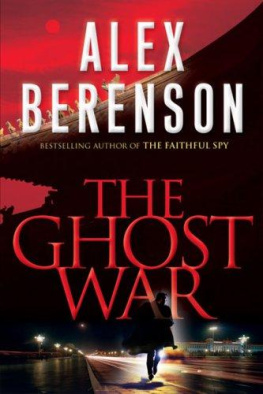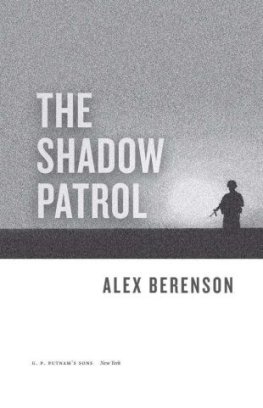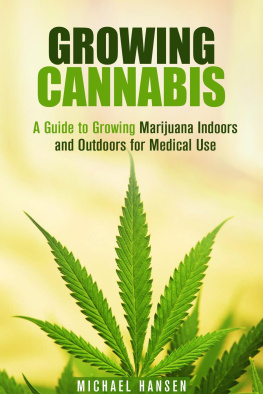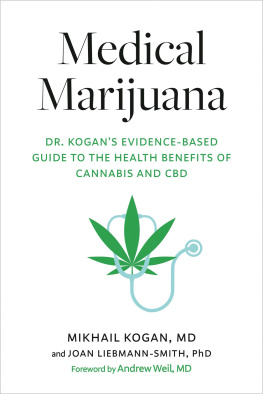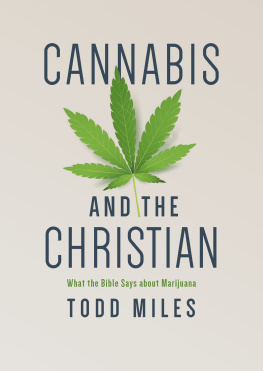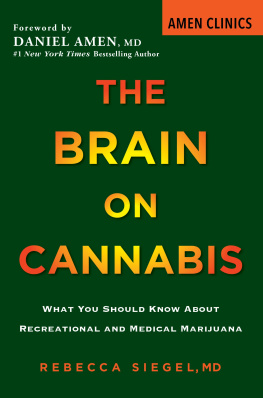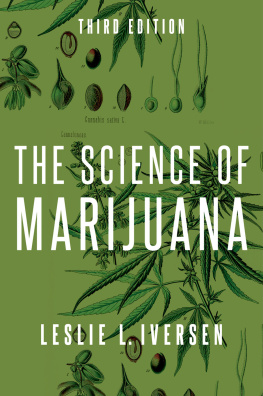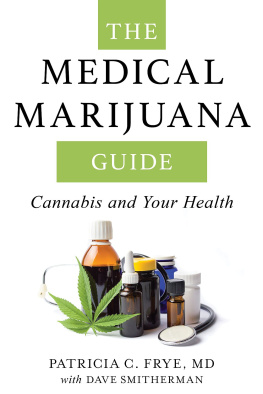Thank you for downloading this Simon & Schuster ebook.
Get a FREE ebook when you join our mailing list. Plus, get updates on new releases, deals, recommended reads, and more from Simon & Schuster. Click below to sign up and see terms and conditions.
CLICK HERE TO SIGN UP
Already a subscriber? Provide your email again so we can register this ebook and send you more of what you like to read. You will continue to receive exclusive offers in your inbox.
We hope you enjoyed reading this Simon & Schuster ebook.
Get a FREE ebook when you join our mailing list. Plus, get updates on new releases, deals, recommended reads, and more from Simon & Schuster. Click below to sign up and see terms and conditions.
CLICK HERE TO SIGN UP
Already a subscriber? Provide your email again so we can register this ebook and send you more of what you like to read. You will continue to receive exclusive offers in your inbox.
For Lucy and Ezra
The loveliest trick of the Devil is to persuade you that he does not exist.
C. P. Baudelaire, The Generous Gambler
INTRODUCTION
EVERYTHING YOURE ABOUT TO READ IS TRUE
In the early morning hours of December 19, 2014, in Cairns, Australia, a subtropical city of 160,000, Raina Thaiday stabbed eight children to death.
Seven of the kids were hers. The eighth was her niece. She was 37 years old. And she was very, very sick.
The case was among the worst incidents of maternal child killing ever recorded. But Cairns is a long way from anywhere, and Thaiday was the opposite of a glamorous defendant, a poor single mother. Within a month, she and her children had largely been forgotten. The house they haunted would be torn down, its grounds turned into a memorial.
So neither the killing nor the ultimate verdict in Thaidays case attracted much interest.
They should have. They are signal events, proof of hidden horrors present and worse to come.
On April 6, 2017, before about twenty spectators in Brisbane, Australias third-largest city, Justice Jean Dalton of the Supreme Court of Queensland heard testimony from Thaidays psychiatrists. A month later, Dalton released her finding.
Ms. Thaiday had a mental illness, Dalton wrote. She is entitled to the defence of unsoundness of mind. There is just no doubt.
Thaiday had broken from reality when she killed her kids, Dalton wrote. She couldnt control her actions. In medical terms, she suffered from psychosis and the devastating mental illness schizophrenia, which can cause hallucinations, delusions, and paranoia.
Nearly 1 percent of people will be diagnosed with schizophrenia in their lives. Many more will have other types of psychosis. Schizophrenia, the most severe form, usually strikes in the late teens or twenties. The disorder has a strong genetic component; scientists estimate almost half of the risk comes from genetic factors. Men are diagnosed more often than women, and in the United States, black people more often than those of other races, though researchers are not sure why.
Some drugs help control its symptoms, but schizophrenia has no cure. Most of its sufferers do not work, marry, or have families. They die on average about fifteen years younger than other Americans.
People with schizophrenia are also far more likely to commit violent crime. Mental illness advocacy groups play down that grim reality. Most people with mental illness are not violent, the National Alliance on Mental Illness explains on its website. In fact, people with mental illness are more likely to be the victims of violence.
Those statements are deeply misleading. They tuck schizophrenia into the broader category of mental illness, including depression. In reality, men with a schizophrenia diagnosis are five times as likely to commit violent crimes as healthy people. For women, the gap is even greater.
Theyre at an increased risk for crime, theyre at a very increased risk for violent crime, says Dr. Sheilagh Hodgins, a professor at the University of Montreal who has studied mental illness and violence for more than thirty years. Hodgins acknowledges that discussing the issue can cause people with schizophrenia to be stigmatized. The best way to deal with the stigma is to reduce the violence, she says.
Indeed, over the last century, societies have recognized that people with severe mental illness cannot always be held responsible for their actions. Courts accept not guilty by reason of insanity as a valid defense, even for murder.
As insanity cases go, Thaidays was uncontroversial. The psychiatrists who testified before Justice Dalton agreed she was psychotic when she killed her children. She was paranoid and delusional before the murders. She made no effort to flee afterward. She stabbed herself and then waited outside her house, talking to herself and God, until her son Lewis found her.
Thaidays delusional thinking continued after she was hospitalized at The Parka psychiatric hospital in Brisbane once known as the Woogaroo Lunatic Asylum. Despite medicine meant to help her control her thoughts, Thaiday fantasized about killing other patients.
Thus, Justice Dalton determined that when she murdered her kids, Thaiday was suffering from a mental illness, paranoid schizophrenia, and that she had no capacity to know what she was doing was wrong. Had Dalton ended her verdict there, the case would have been just another awful story of untreated mental illness. But she didnt. She found Thaidays illness was no accident.
Marijuana had caused it.
Thaiday gave a history of the use of cannabis since she was in grade 9, Dalton wrote. All the psychiatrists thought that it is likely that it is this long-term use of cannabis that caused the mental illness schizophrenia to emerge.
With those words, Dalton made one of the first judicial findings anywhere linking marijuana, schizophrenia, and violencea connection that cannabis advocates are desperate to hide.
I know what a lot of you are thinking right now.
This is propaganda. Marijuana is safe. Way safer than alcohol. Barack Obama smoked it. Bill Clinton smoked it too, even if he didnt inhale. Might as well say it causes presidencies. Ive smoked it myself, I liked it fine. Maybe I got a little paranoid, but it didnt last. Nobody ever died from smoking too much pot.
Yeah, this is silly. Reefer Madness, man!
I know youre thinking it, because its what youve been told for the last twenty-five years. And because I once thought it, too. My wife, Jacqueline, is a psychiatrist who specializes in evaluating mentally ill criminals. If you commit a serious crime in the state of New York and claim an insanity defense, you may well talk to her. And one fine night a couple of years ago, we were talking about a case, the usual horror story, somebody whod cut up his grandmother or set fire to his apartmenttypical bedtime chat in the Berenson houseand she said something like, Of course he was high, been smoking pot his whole life.
Of course? I said.
Yeah, they all smoke.
Well... other things too, right?
Sometimes. But they all smoke.
So, marijuana causes schizophrenia?
Id smoked a few times in my life. I remember walking down an Amsterdam street in 1999, laughing uncontrollably, a twenty-something American clich. I never took to the stuff, but I had no moral problem with it. If anything, I tended to be a libertarian on drugs, figuring people ought to be allowed to make their own mistakes. Id watched the legalization votes in Colorado and elsewhere without much interest. Of course, Id heard of Reefer Madness , the notorious 1936 movie that showed young people smoking marijuana and descending into insanity and violence. The films lousy acting has turned it into unintentional satire, an easy way for advocates of legalization to mock anyone who claims cannabis might be dangerous.
Next page



